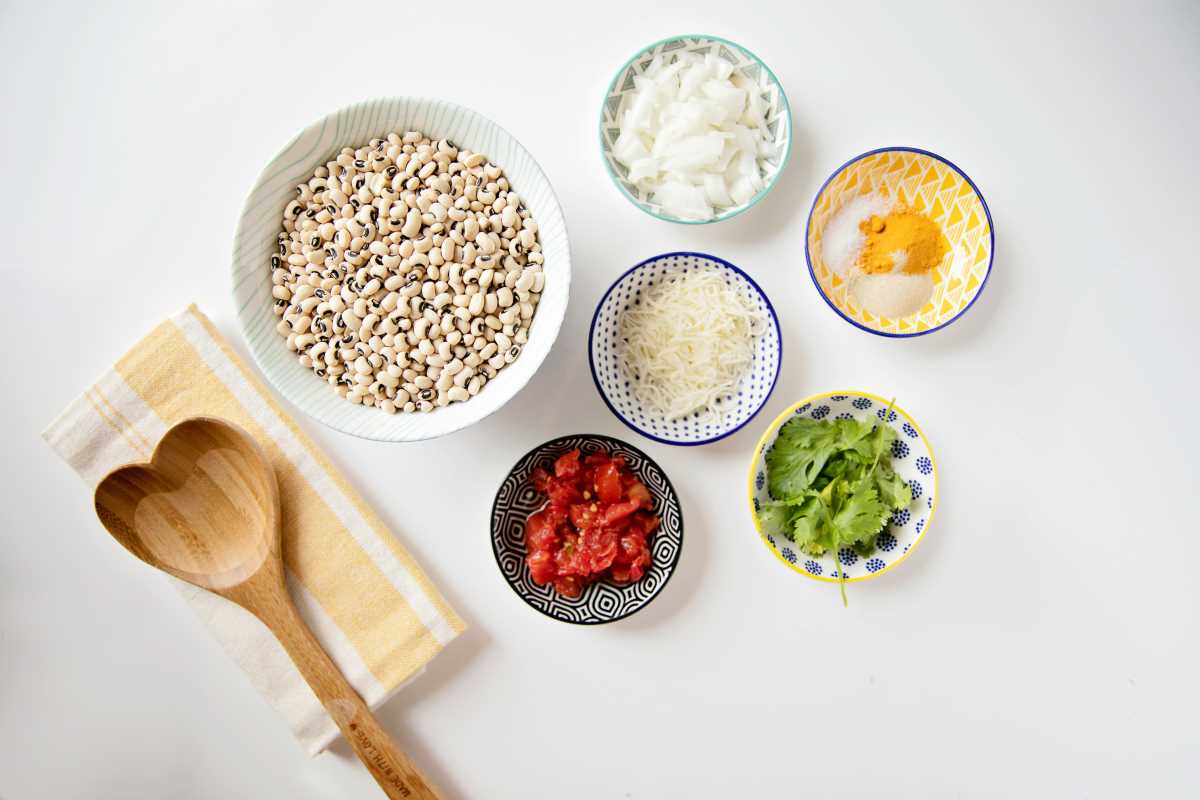Your 40s are a vital decade for your health. It's when the choices you make start to have a long-term impact, especially on your heart. But maintaining a healthy heart doesn’t require a complete life overhaul. Small, consistent tweaks to your daily routine can make a big difference. Here’s an approachable guide to easy, practical changes that will keep your ticker in top shape as you age.
Eat Smart Without Overcomplicating It
Healthy eating doesn’t have to mean strict diets or giving up everything you love. It’s all about balance and making smarter choices when it comes to what you put on your plate.
Focus on Heart-Healthy Nutrients
Certain nutrients are particularly beneficial for heart health. Here’s what to look out for:
- Fiber: Think oats, beans, lentils, fruits, and veggies. Fiber helps lower cholesterol by binding to it and removing it from your body.
- Omega-3 Fatty Acids: Found in fatty fish like salmon or walnuts, they help reduce inflammation and improve heart function.
- Potassium: This essential mineral helps maintain healthy blood pressure and is found in bananas, sweet potatoes, and spinach.
Practical Adjustments
- Swap white bread for whole-grain alternatives.
- Incorporate a "Meatless Monday" and try dishes featuring beans or tofu.
- Cook meals at home more often, so you can reduce sodium and control portions.
Indulge, Don’t Overdo
Love desserts? Go ahead and have that slice of chocolate cake, but keep it occasional and savor every bite. Restrictive diets can backfire, so aim for moderation instead of perfection.
Make Movement Part of Your Routine
If you're not into intense workouts, that’s OK! Physical activity for heart health doesn’t have to involve hours at the gym.
Fun Ways to Move More
- Go for a brisk 30-minute walk after dinner—it’s good for your heart and digestion.
- Take the stairs instead of the escalator when possible.
- Try an activity you enjoy, like dancing, gardening, or biking with your kids.
Aim for Consistency Over Perfection
The American Heart Association recommends at least 150 minutes of moderate exercise a week. Divide it however works best for you—a quick 20 minutes each day counts just as much as an hour-long class.
Strengthen Your Heart and Muscles
Add light weightlifting or yoga to your weekly routine. Not only does this support your bones and muscles, but it can also improve circulation and boost heart health.
Pro Tip: If you haven’t exercised in a while, listen to your body and start small. A 10-minute walk is better than no walk at all.
Stress Less for a Healthier Heart
Life after 40 can feel like a juggling act—your career, maybe your kids, aging parents, and your own health can compete for your time. That stress takes a toll not only on your nerves but also on your heart.
Simple Stress-Busting Techniques
- Practice Mindfulness: Try deep breathing exercises, meditation, or simply savoring a quiet moment with your morning coffee. Apps like Calm or Headspace are great if you’re not sure where to begin.
- Get Moving: Physical activity reduces stress hormones like cortisol, which can help protect your heart.
- Set Boundaries: Learn to say no when your plate is already full. Your schedule doesn’t have to control you.
Prioritize Restful Sleep
Poor sleep contributes to stress, high blood pressure, and even heart problems. Aim for 7–9 hours of good-quality sleep. Create a bedtime wind-down routine and keep your bedroom cool, quiet, and screen-free.
Remember, taking care of your emotional health is just as important as monitoring your physical health.
Schedule Regular Health Checkups
When was the last time you had your cholesterol checked or blood pressure measured? Staying on top of your health numbers is essential, especially as you hit midlife.
Know Your Heart Health Metrics
- Blood Pressure: The ideal range is below 120/80 mmHg. High blood pressure (hypertension) is a major risk for heart disease.
- Cholesterol Levels: Keep an eye on LDL (bad cholesterol) and HDL (good cholesterol) to ensure your arteries stay clear of blockages.
- Blood Sugar Levels: Regular checks can help identify early signs of diabetes, which can affect heart health if untreated.
Be Proactive
Find a doctor you trust and stick with annual wellness visits. Ask questions about anything that concerns you, whether it’s medications or family history. Being proactive now can prevent bigger issues down the road.
If you feel intimidated by doctors’ offices, think of it this way—those quick, routine checkups could be saving your heart years of wear and tear.
Build Healthy Relationships
Did you know that maintaining strong social connections is good for your heart? Having a support system of friends, family, or even coworkers reduces stress and increases feelings of purpose and happiness.
Ways to Stay Social and Engaged
- Plan regular walks or coffee outings with friends.
- Join a local group where you can share a hobby, like a book club or gardening club.
- Consider volunteering—it’s a meaningful way to give back while meeting new people.
Remember, it’s not about quantity; even a few close, meaningful connections make a big difference.
Hydrate and Go Easy on Alcohol
Staying hydrated supports almost every function in your body. Unlike sugary drinks, water won’t add unnecessary calories or spike your blood sugar, making it the healthiest choice for your heart.
Tips for Staying Hydrated:
- Keep a reusable water bottle nearby as a reminder to drink regularly.
- Try flavoring your water with a slice of lemon, cucumber, or mint for variety.
When it comes to alcohol, moderation is key. For the average adult, that means up to one drink per day for women and two for men. Overindulging can raise blood pressure and increase your risk of heart complications, so stick to healthier habits.
Disclaimer: The content provided on SuperHealthyTips is for informational and educational purposes only. This information is not intended to be a substitute for professional medical advice, diagnosis, or treatment.
 (Image via
(Image via


.jpeg)


